I Ching-ing Things; Or, Looking For Meaning in Mostly Random Events
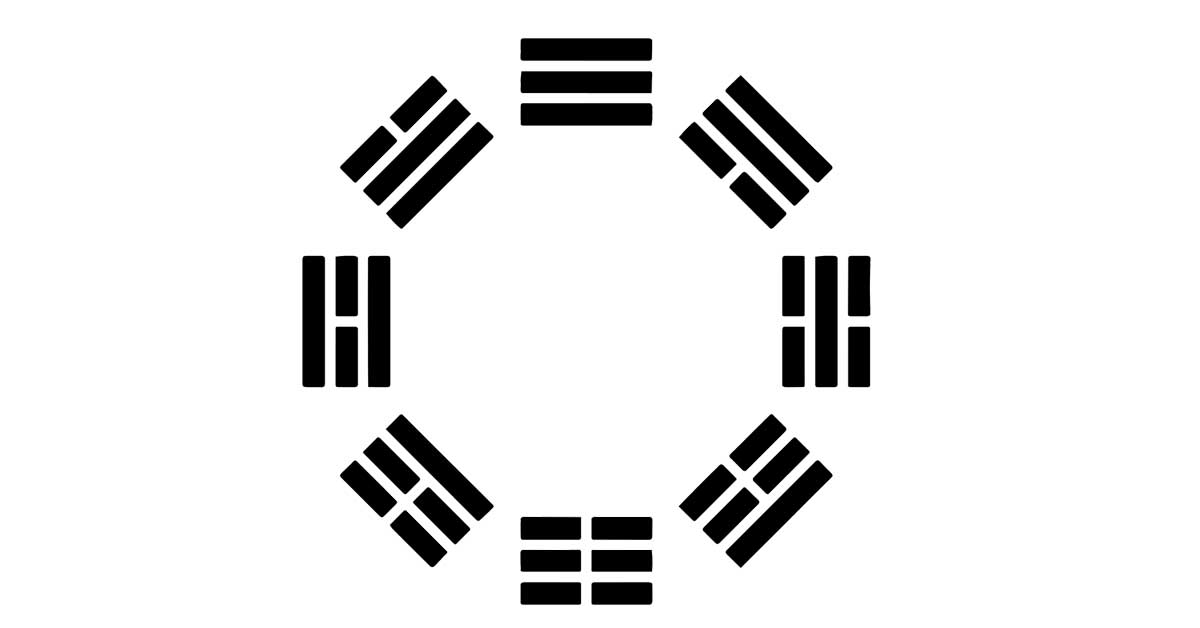
The I Ching is an ancient Chinese text used for divination. Essentially it helps the reader draw meaning from the randomness of the world. This concept can be applied to anything.
Metaphysics is “what ought to be”, it is pure philosophy, it is “the book that comes after physics”, the most elusive category of understanding.
There is the physical (empirical, what is), logical (reason, logic-and-ethics in-thought), ethical (morals-and-ethics in-action), and metaphysical (pure metaphysic morals, or pure philosophy, what should be).
Metaphysics is like physics, but meta.
Seriously though, it is the philosophy of “what is” (it is “what ought to be” and “what might be” and just pure imagination), the reality just beyond the empirically directly obvious which may or may not be.

The I Ching is an ancient Chinese text used for divination. Essentially it helps the reader draw meaning from the randomness of the world. This concept can be applied to anything.
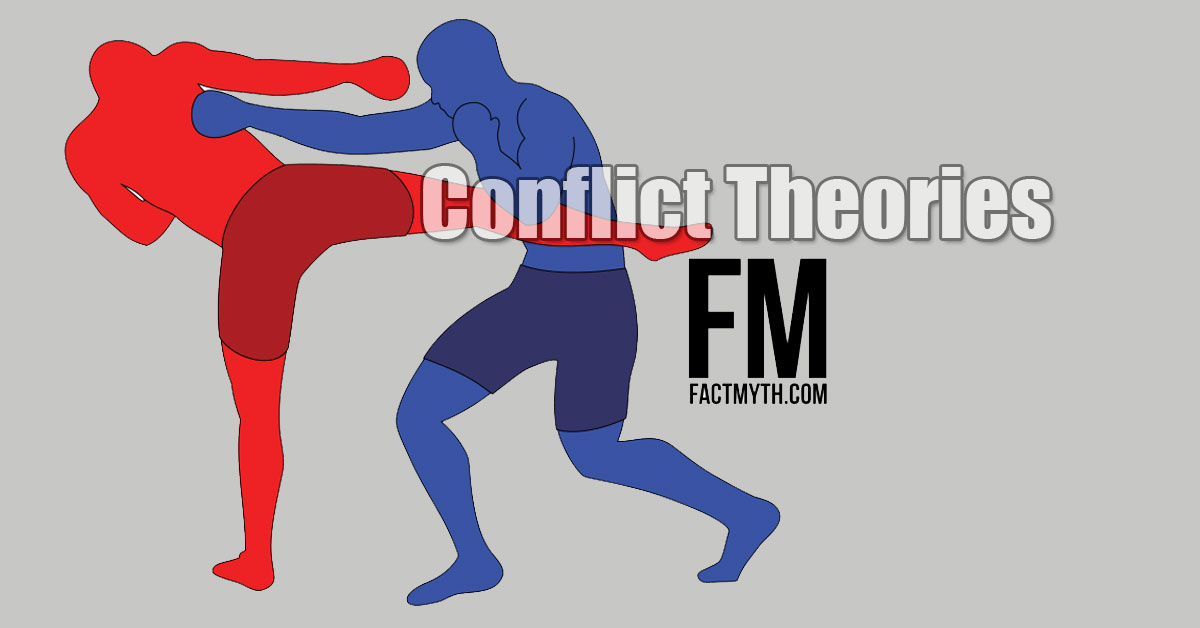
We explain Marx’s conflict theory and other conflict theories to show how tension between social, political, material, and other forces manifest.
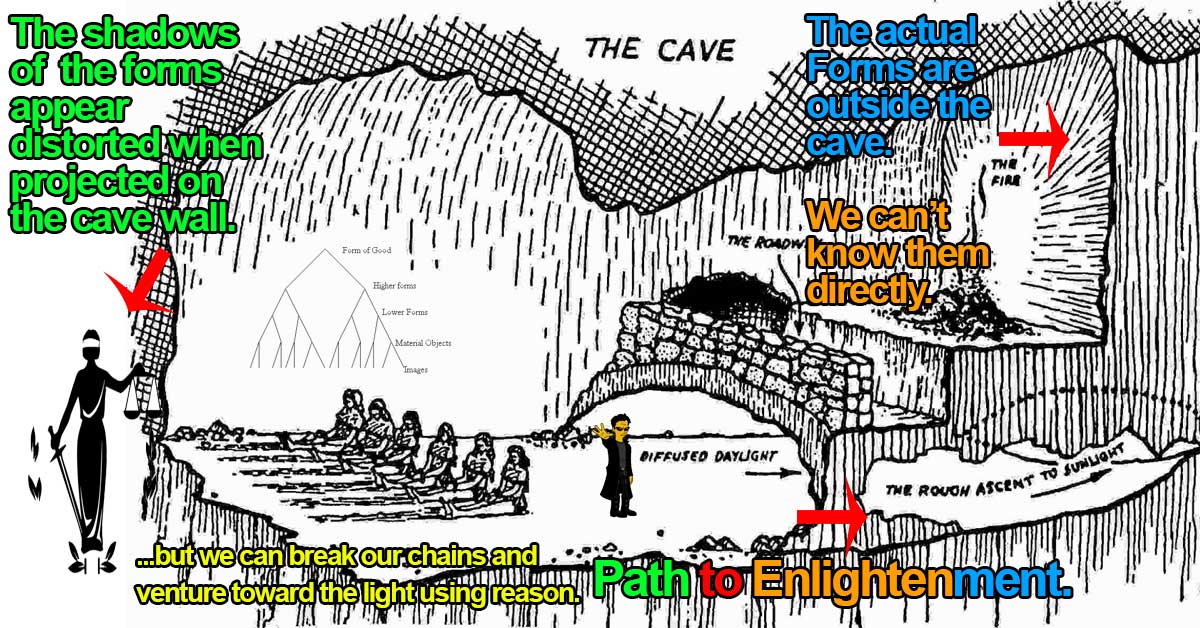
We explain Plato’s Allegory of the Cave and Plato’s Theory of the Forms to help readers understand the essence of Plato’s overarching theory.

Political emotion is a term that describes emotional attachments and responses to political ideas and responses to political ideas based on emotion.
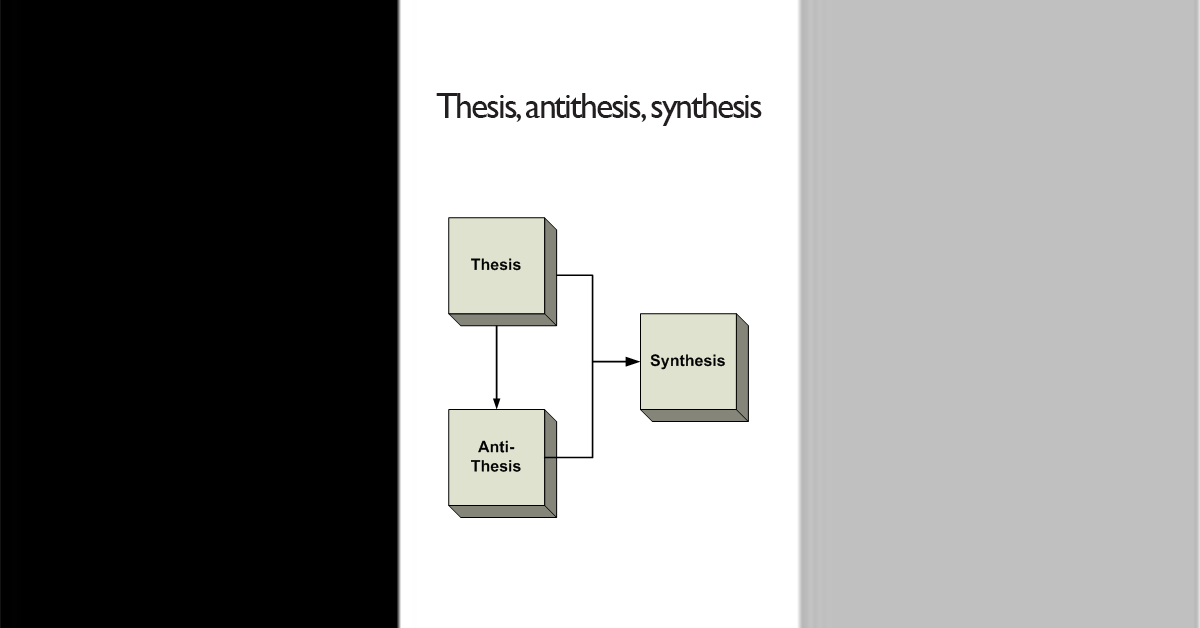
We discuss theories that deal with the nature of abstractions and contradictions including, Dialectics and the Golden Mean theory, and offer a “synthesis” of these theories.
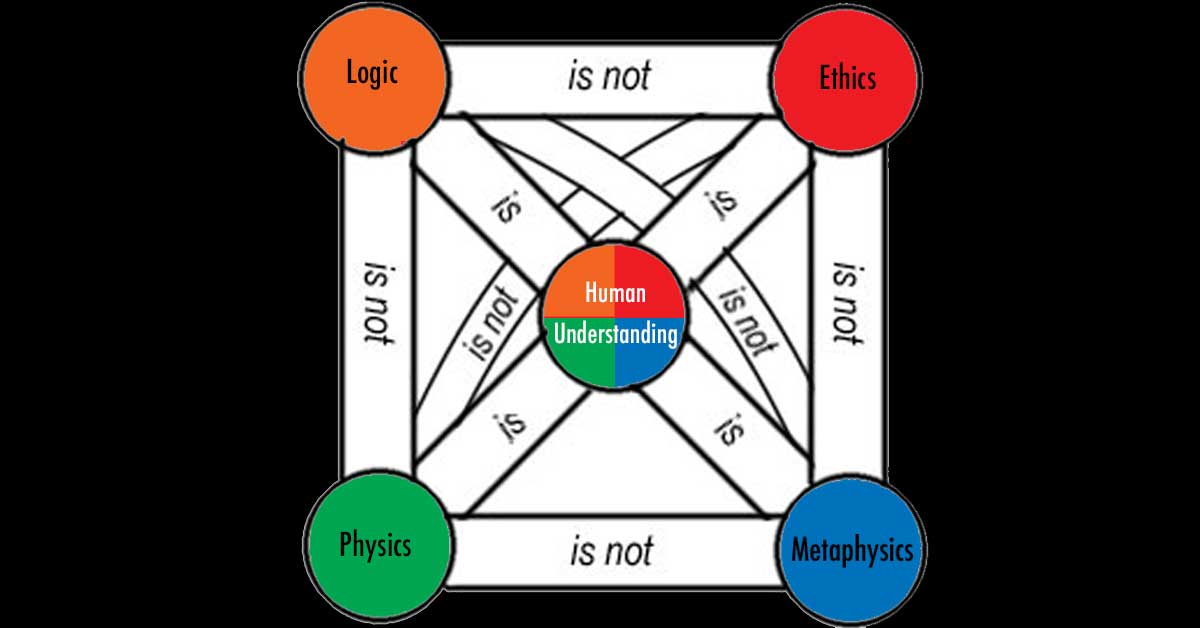
All knowledge, all human understanding, can be said to be of four types: physical (empirical), logical (reason), ethical (philosophy in-action), and metaphysical (pure philosophy).
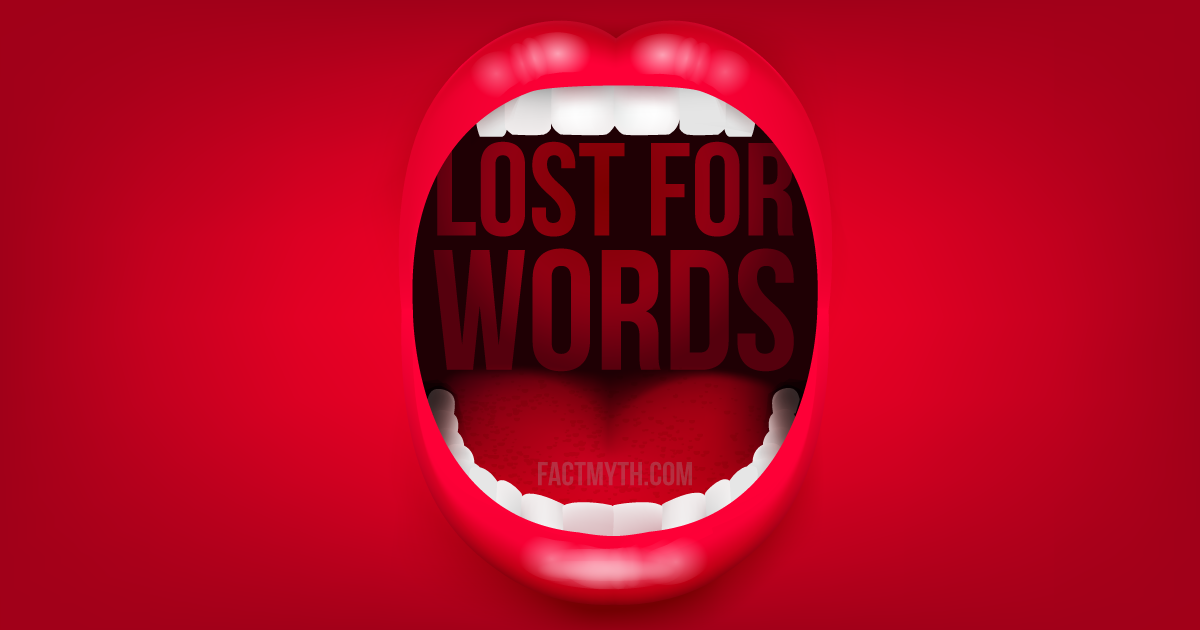
We discuss “giving names to concepts” (defining terms), identifying with terms, be identified by terms, and the implications of this.
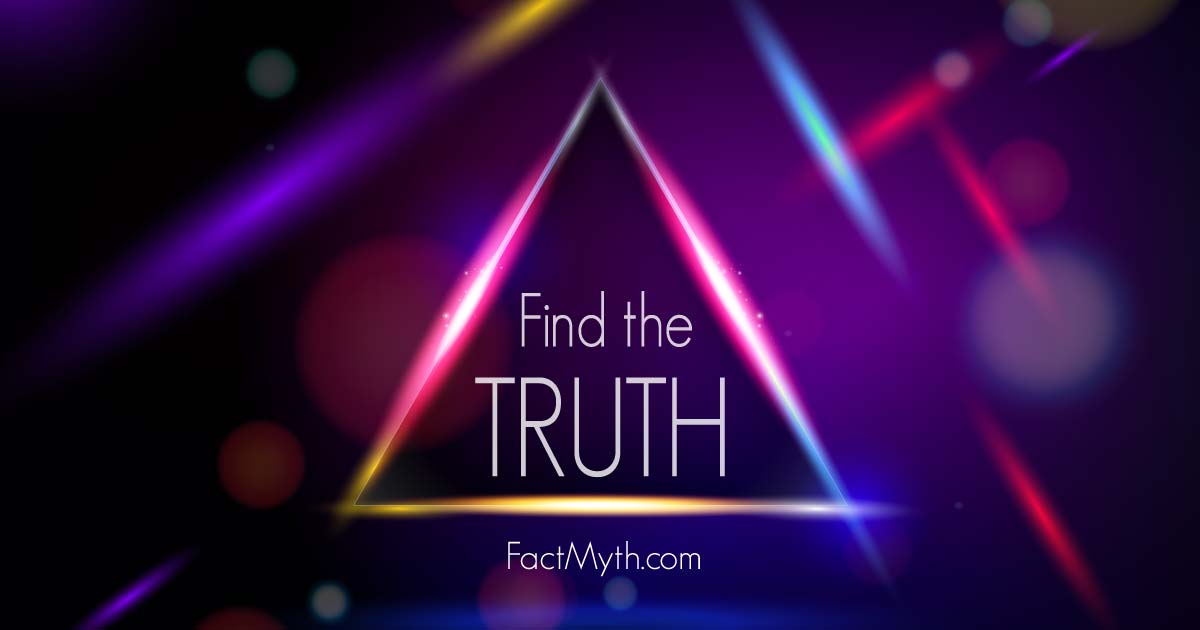
Principles are, in a broad sense, simply rule-sets which we follow. Below we will discuss the importance of different types of principles.
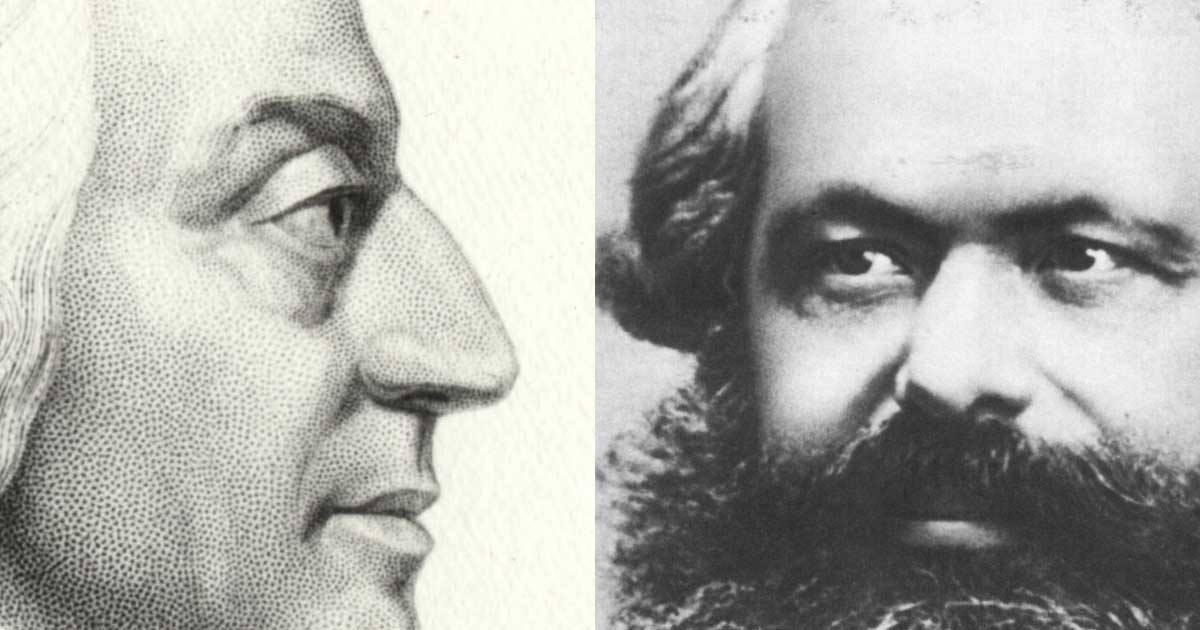
The concept of political correctness can be understood as an excess or deficiency of a few key virtues. Here is a model of “the virtues of political correctness” based on Aristotle’s virtue theory of means.
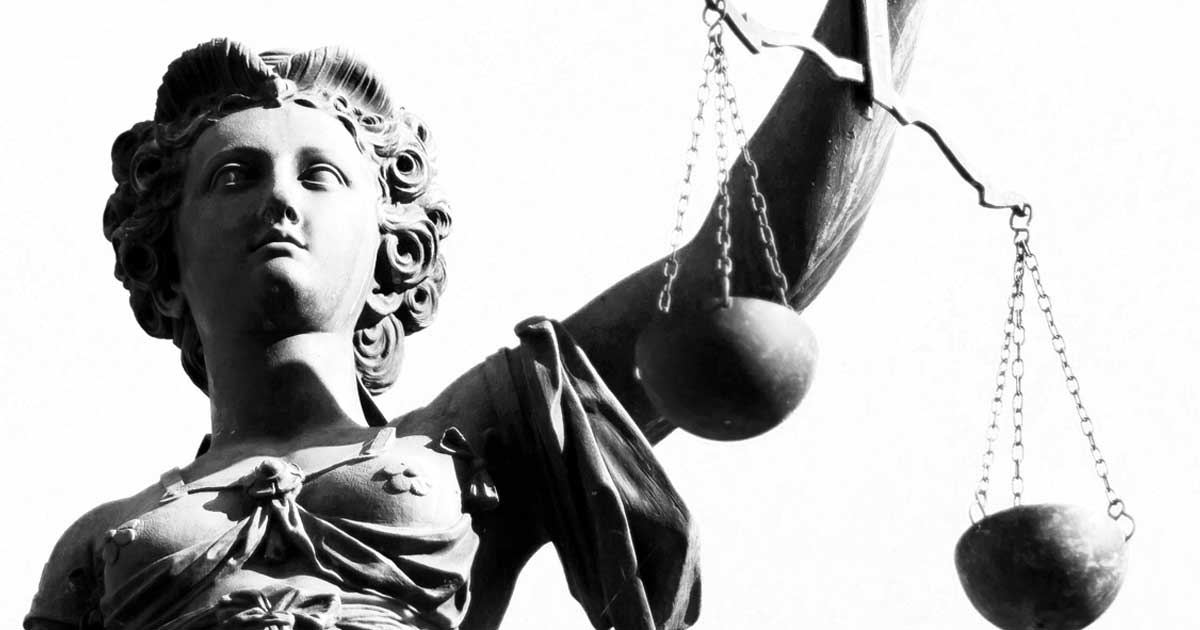
Plato’s Republic, utilitarianism, the philosophies of morality, ethics, politics, virtue, and law are all centered around one question “what is justice?” (AKA “what is fairness?”).